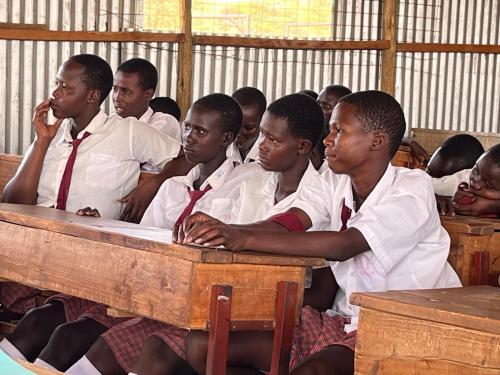

10:00 am EST - 11:30 am EST
Past Event
10:00 am - 11:30 am EST
1775 Massachusetts Ave., NW
Washington, DC
Since the end of the Cold War, the pace and scale of nation-building has increased steadily. While the United States has undertaken the largest missions—in Somalia, Haiti, Bosnia, Kosovo, Afghanistan, and Iraq—the United Nations has been responsible for more numerous, smaller missions throughout Africa, Asia, and Latin America. Some U.N. missions have ended in disaster—as have some of the American efforts. But many others have enjoyed considerable success. Over the past fifteen years, the American and United Nations approaches to nation-building have converged in some respects, and diverged in others. In the process, this has lead to distinct styles and differing results.
At this Brookings briefing, James Dobbins of the RAND Corporation and lead author of the 2003 study The U.S. Role in Nation Building: From Germany to Iraq, will join other scholars in a panel discussion on the conclusions of the new, second volume in this series titled The UN’s Role in Nation Building: From the Congo to Iraq. This latest volume looks at eight major U.N.-led nation-building operations over the past five decades. It concludes with a comparison of the differing U.S. and U.N. experiences. Dobbins contrasts the varying approaches which have evolved, describing their respective strengths and weaknesses, evaluating their levels of success, and exploring how these lessons have been—or might be—applied in Iraq.
Panelists will take questions from the audience following their remarks.


Emily Gustafsson-Wright, Ema Eguchi, Elyse Painter, Victoria Arciniegas Gomez, Leydi Maldonado
June 30, 2025

Pamhidzayi Berejena Mhongera, Ellen Chigwanda, Atenea Rosado-Viurques, Jennifer L. O’Donoghue
June 30, 2025

Joyce Kinyanjui, Mary Otieno, Christine Apiot Okudi, Jennifer L. O’Donoghue
June 30, 2025